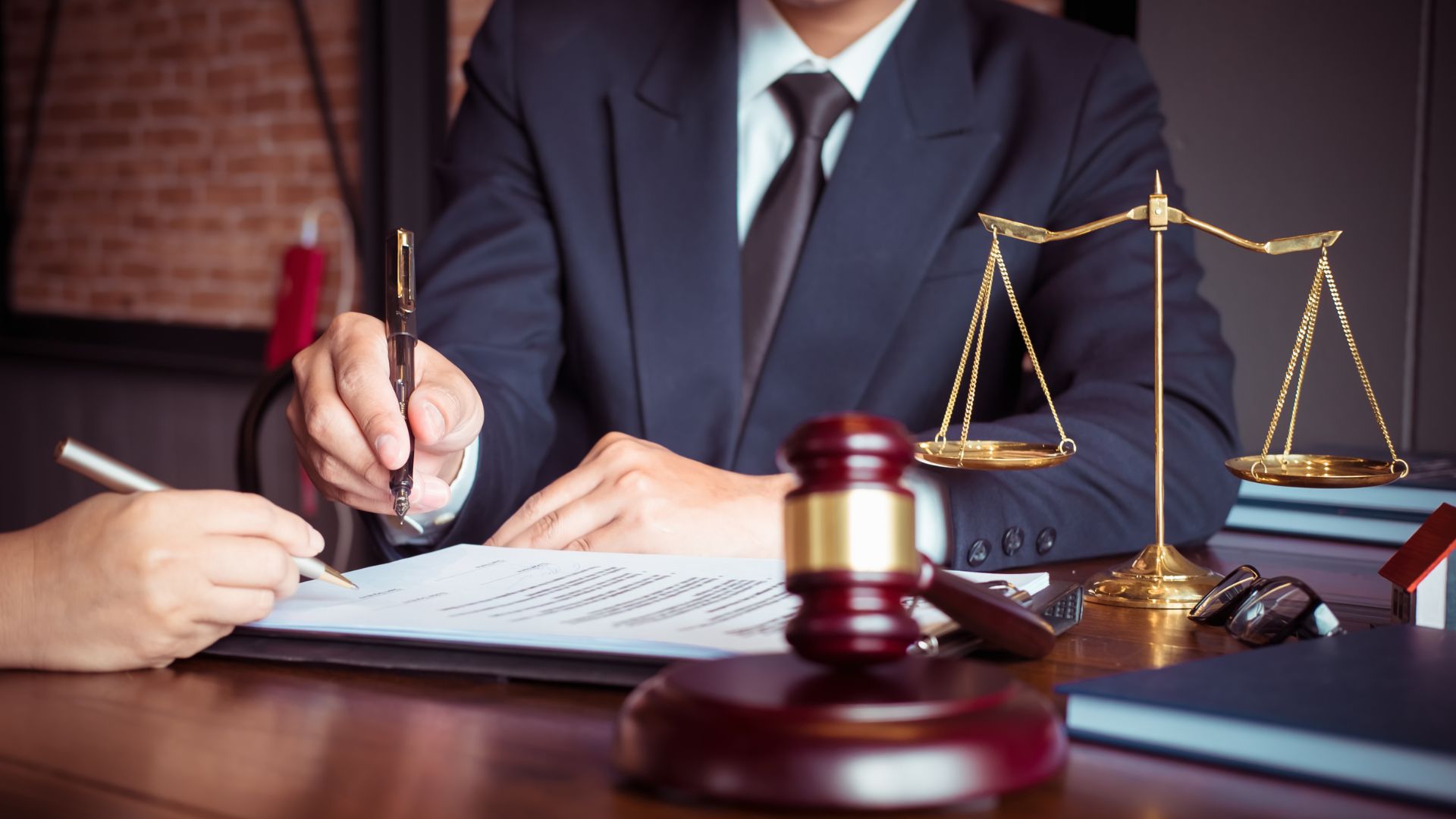Introduction
When it comes to personal injury disputes, the journey can be fraught with tension, anxiety, and uncertainty. Many individuals find themselves grappling not only with the aftermath of their injuries but also with the complexities of legal processes. In this intricate landscape, mediation emerges as a beacon of hope, offering a pathway to resolution that is often more efficient and less adversarial than traditional litigation. So, what exactly are the benefits of mediation in personal injury disputes? This article will delve deep into the various advantages that mediation offers, making a compelling case for its consideration by anyone involved in such disputes.
The Benefits of Mediation in Personal Injury Disputes
Mediation serves as an effective alternative dispute resolution (ADR) mechanism designed to bring parties together in a collaborative environment. Here are some key benefits:
1. Cost-Effectiveness
One of the most significant advantages of mediation is its potential for cost savings. Traditional litigation can drain financial resources due to court fees, attorney costs, and other expenses. In contrast, mediation typically incurs lower fees and can often be completed in fewer sessions.
1.1 Reduced Legal Fees
Legal fees can skyrocket when navigating through endless court appearances and trials. With mediation usually requiring fewer hours from attorneys, clients can save substantial amounts.
1.2 Time Savings
Time is money; the longer a case drags on in court, the more it costs all parties involved. Mediation generally speeds up the process significantly.
2. Control Over Outcomes
In mediation, both parties retain control over the outcome. Unlike a judge or jury who imposes a decision, mediators facilitate discussions that lead to mutually agreeable solutions.
2.1 Tailored Solutions
Parties can negotiate terms that specifically address their unique circumstances rather than accepting one-size-fits-all judgments from the court.
2.2 Empowerment
Participants feel empowered because they have an active role in shaping the resolution.
3. Confidentiality
Mediation sessions are private affairs; nothing discussed can be used against either party if negotiations fail and they decide to go to trial later on.
3.1 Protecting Reputation
For many individuals and businesses alike, maintaining confidentiality helps protect public image and reputation from potentially damaging court disclosures.
3.2 Safe Environment for Dialogue
Confidentiality fosters open communication where parties may feel more comfortable discussing sensitive matters without fear of public scrutiny.
4. Preserving Relationships
Personal injury disputes can be emotional and contentious; however, mediation encourages collaboration rather than conflict.
4.1 Focus on Interests Over Positions
Mediation shifts focus from adversarial positions to underlying interests—fostering understanding and empathy between both sides.
4.2 Future Interactions
In many cases—especially those involving business relationships—preserving rapport post-dispute is crucial for future dealings.
5. Flexibility in Process
Unlike rigid court procedures governed by strict rules of evidence and procedure, mediation allows for flexibility tailored to meet participants' schedules and preferences.
5.1 Creative Solutions
The informal nature allows creative problem-solving approaches that courts may not permit.
5.2 Schedule Convenience
Sessions can often be arranged at times convenient for both parties instead of being dictated by court calendars.
6. Faster Resolutions
Litigation often drags on for months or even years; mediation provides an avenue for quicker resolutions that alleviate prolonged stress and uncertainty for all involved.
How Mediation Works: A Step-by-Step Guide
Understanding how mediation operates is vital for anyone considering this pathway:
Step 1: Choosing a Mediator
The first step involves selecting an experienced mediator who specializes in personal injury cases—ensuring expertise throughout discussions.
Step 2: Preparation
Both parties prepare relevant documentation and come armed with their perspectives on the dispute before entering into discussions facilitated by the mediator.
Step 3: Opening Statements
Each party presents their view on the matter at hand while expressing their desired outcomes without interruptions—creating an atmosphere of respect right from the beginning.
Step 4: Joint Discussion
The mediator guides conversations between both sides as they explore options together while emphasizing areas of mutual agreement—a key aspect highlighting collaborative efforts rather than combative ones!
Step 5: Private Caucus Sessions (if necessary)
Sometimes mediators will hold private meetings (caucuses) with each party individually where they can voice concerns or frustrations openly—helping them feel heard without hurting negotiations directly!
Step 6: Negotiation & Agreement Formation
Through ongoing dialogue facilitated by mediators who encourage compromise between differing viewpoints—the final terms will emerge based on consensus rather than imposed judgment!
FAQs About Mediation in Personal Injury Disputes
Q1: What types of personal injury cases are suitable for mediation?
A1: Most personal injury cases—including car accidents, slip-and-fall incidents, medical malpractice claims—can benefit from mediation due to their often complex emotional dynamics that require negotiation rather than confrontation!

Q2: How much does mediation typically cost?
A2: Costs vary depending on location and mediator experience but generally range between $100-$500 per hour compared to thousands spent during litigation!
Q3: Will I need an attorney during mediation?
A3: While it’s not mandatory—you should consider having legal representation present as they can provide valuable advice throughout discussions based on your best interests!
Q4: Can I still go to court if I choose mediation?
A4: Absolutely! If no agreement is reached during mediation—you maintain your right to pursue traditional litigation within prescribed time limits!
Q5: Is what I say during mediation confidential?


Q6: What happens https://g.co/kgs/4W9N8x3 if we reach an agreement through mediation?
A6:** The terms become legally binding upon signing—and compliance must be honored unless subsequent issues arise warranting further renegotiation or amendments!
Conclusion
When navigating personal injury disputes arises—it’s essential not just about winning but finding resolutions conducive to all parties' well-being moving forward! The benefits of mediation shine brightly amidst tension-filled circumstances providing avenues towards amicable settlements with minimal disruption—all while preserving dignity throughout challenging situations!
So why wait? Explore how engaging in this effective method could change lives today—and transform conflicts into opportunities for growth!